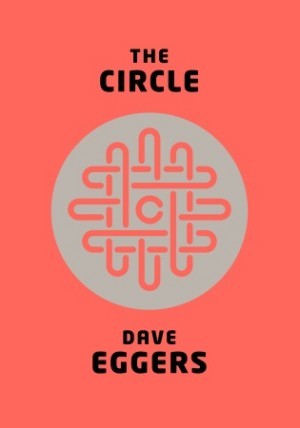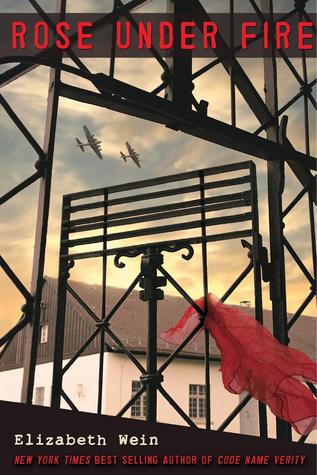 An excellent choice for a book group discussion, The Circle is like a 1984, updated to the Internet age.
An excellent choice for a book group discussion, The Circle is like a 1984, updated to the Internet age. Young Mae Holland is thrilled to land a job at The Circle, which is like a combination Facebook/Google...a company for the cool kids. As a main character, she falls a little flat. She's unlikable and no reader could affirm the choices she makes in her life, especially as the story progresses. She is completely desperate for attention and selfish.
But this book is not so much about character development as it is biting satire and a parable for our like-and-tweet-obsessed, voyeuristic culture. As each of The Circle's projects are unveiled, what initially sounds like a good, democratic, society-improving idea turns out to be creepy and sinister, reducing any shred of privacy we have left. Life = work, and work = life. And nothing is secret any more, anywhere.
This book made me question the time I spend on the Internet and how I too have gotten sucked into wanting "likes" or shares. It's about our need for instant gratification, coupled with our desire to know everything about everyone. Sinister and thought-provoking. I recommend it.



